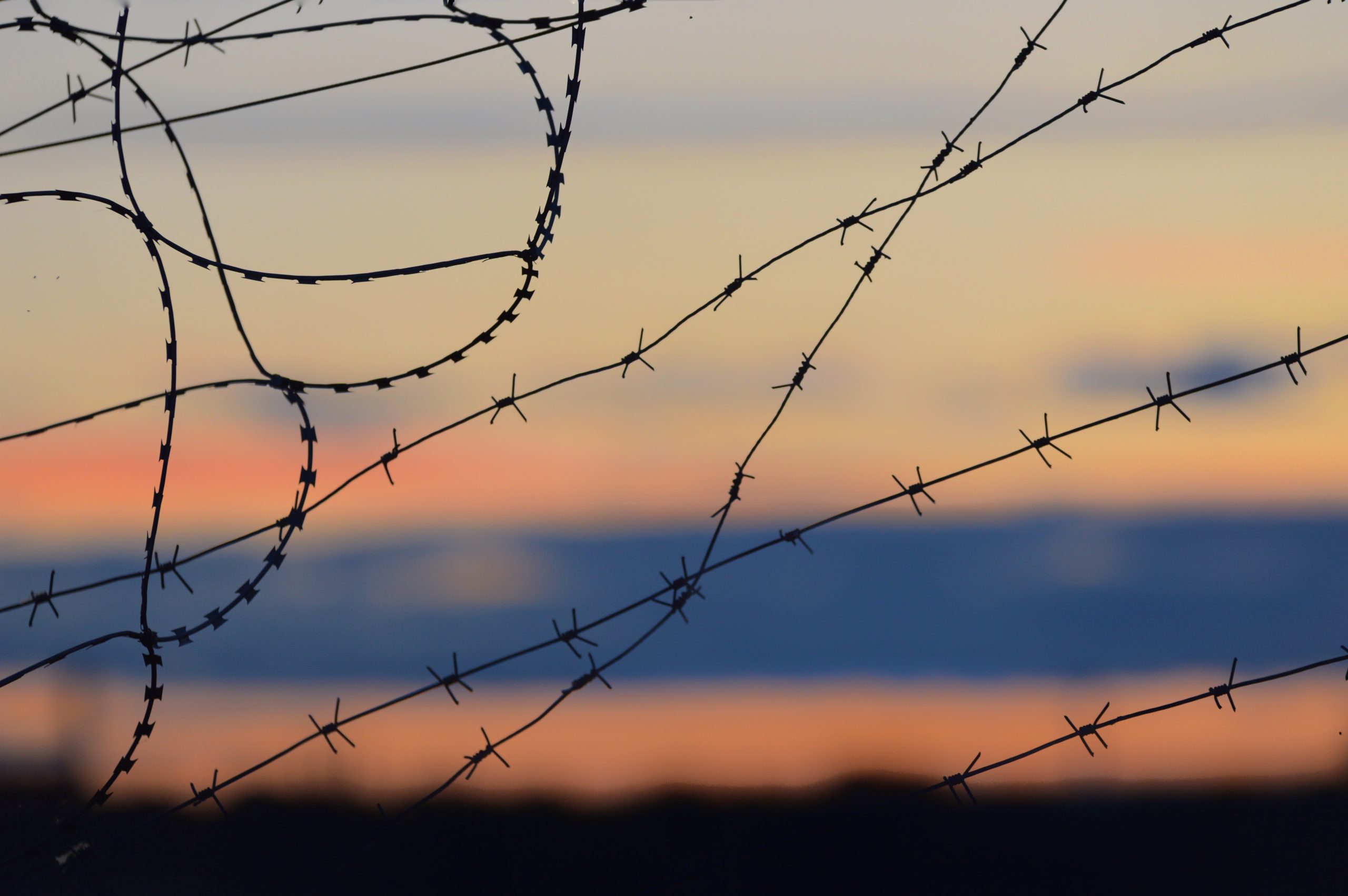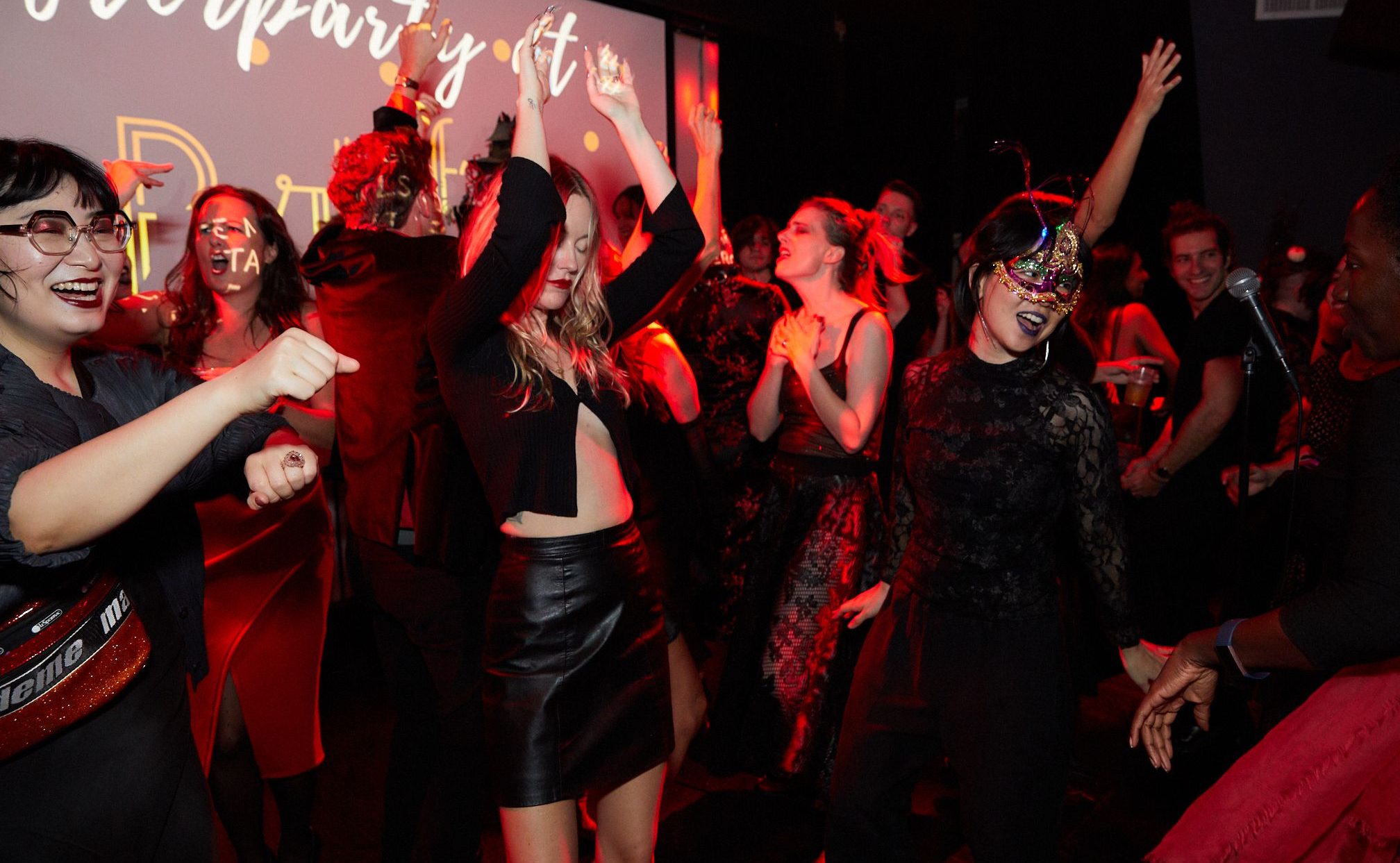news
On “Writing War”

Back when I was in public school I used to know it was Veterans’ Day because we had a day off. Now I know because of NPR. On 5th Avenue in Park Slope at 8pm last Thursday, the street felt the same as ever — sushi shops and happy hour crowds collecting in the usual numbers. But back in the Old Stone House in Park Slope, a place that is known for withstanding centuries of gentrification, not to mention the savage beginnings of the Revolutionary War, Louise Crawford, curator of Brooklyn Reading Works, knew what kind of mood to set for the latest installment of her series, “Writing War.” “Indeed the sight of the Battle of Brooklyn,” she announced as she welcomed the crowd, “one of the bloodiest battles of the Revolutionary War, is an appropriate setting for this literary event which will highlight writers who know war first hand.”
Vietnam veteran Juris Jurjevics (The Trudeau Vector), along with Iraqi war veterans Matt Gallagher (Kaboom: Embracing the Suck in a Savage Little War), Roy Scranton (“War and the City”, NYT Opinionator), Phil Klay (“Death and Memory”, NYT Opinionator), and Jacob Siegel shared pieces from their works-in-progress which deal, through fiction and memoir, with the hard-shelled realities of combat, and the alienating climate of peace at home after war. Each writer evoked these feelings in his own distinct manner. Siegel, a noir-inspired writer with a throaty Brooklyn drawl, read of killing time on Manhattan streets before a party, trying to find the words to explain to his friends that he had signed up for the service. Recounting a storming of the beach in Vietnam, Jurjevics read a story he said he’d written on, “another Memorial Day,” which featured soldiers who were still too young to drink in their hometowns. Gallagher too, evoked the horror and comedy of conflict, describing an officer who’d blown up and whose remains were being eaten by a dog. Klay and Scranton’s writing directed the crowd back to American soil. Scranton’s fiction spoke of the disenchanted, short-lived fame of a war writer sharing his work with civilians on a book tour. And Klay, using lyricism reminiscent of a marching chant, sung of the rituals of returning after war, managing to wrap all of the frustrations of home within the hemlines of a sundress.
The horrors of war are sometimes too easy to imagine. Listening to guys my own age field questions afterwards about the complications of taking real life experiences and translating them into contemporary fiction, I was struck by the way I felt familiar with and yet so far away from the realities of the men on the panel. When was the last time an American civilian actually knew war? And what did my fiction, which lingered far from the combat zone, mean? When I asked if he thought he was writing a war novel, Klay responded, “I don’t really worry about the state of the war novel as an idea. I worry about finding a way to make people care about the experiences men and women are currently going through. So it’s a matter of using the form that communicates most effectively what I need to get across.” So whose American story is true? I could almost feel the old oak rafters from the top of the cathedral ceiling in the Stone House mocking all of us tidy Brooklynites, with our boots and our well combed hair, unthinkable miles from the scenarios being read.
“Nobody,” Gallagher joked during the Q&A, “Can help edit your war stories like a fellow veteran. They’ll look at something and just know it’s bullshit.” Perhaps I could say the same for a South Jersey tale, but I doubt it would draw the same nervous laughter in a room.
–Lauren Belski is a recent graduate of the Brooklyn College MFA program. Her work has appeared in Story Quarterly, Nerve, and Forte.









